2019 has been an outstanding year for Israel’s tech industry, with mergers and acquisitions deals rising over the previous year, successful initial public offerings of shares, and many mainstream news headlines touting groundbreaking tech from Israel.
Our NoCamels archive is brimming with dozens of new features about the unbelievable innovation being pioneered here, especially this past year. Our team compiled this list as a sample representative of the thousands of companies and startups leaving a mark on 2019 (in no particular order).
Sight Diagnostics
Israeli tech firm Sight Diagnostics created buzzworthy news these past few years with ongoing updates about its lab-grade blood testing system that can conduct a full blood analysis with just a few drops of blood, instead of vials obtained intravenously.
For its final bow this decade, the company received initial clearance by the US Food and Drug Administration (FDA) for its technology now revolutionizing blood testing.
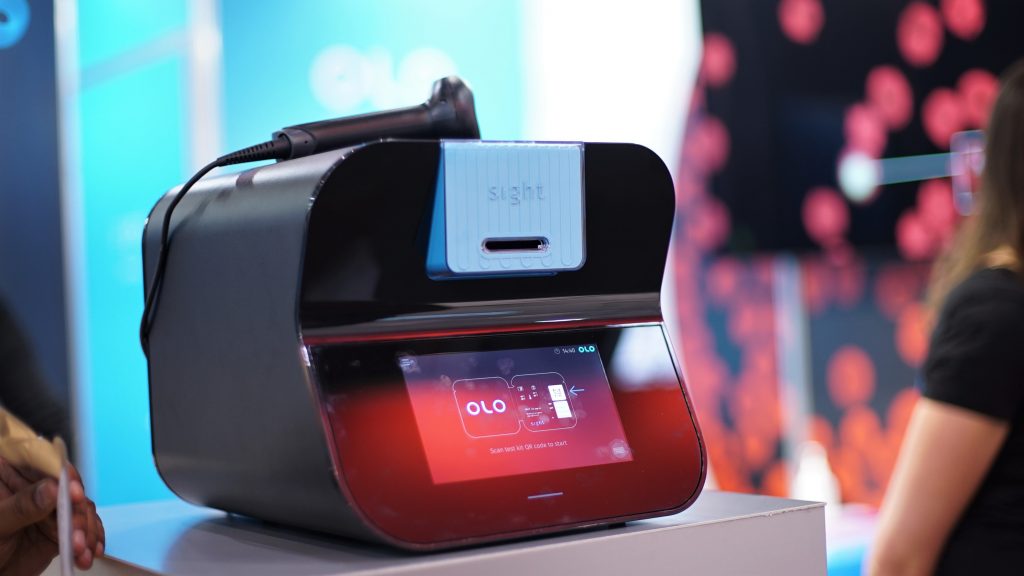
Sight Diagnostics is often dubbed as the anti-Theranos – in reference to Theranos, the American biotech firm that closed up shop in 2018 with its founder, Elizabeth Holmes, now facing 20 years in prison for fraud and conspiracy to commit fraud.
While the American company didn’t do what it said it could, the Israeli company can deliver accurate blood test results from a small amount of blood. The device is known as the OLO blood analyzer. Remember that name, we’ll hear more about it in the new decade.
Via Transportation
The world moved differently this outgoing decade thanks to Via, and its mobility solutions will likely change how we get around in the next 10 years.
Indeed, the ridesharing company celebrated a big year with new global partnerships in Israel, Canada, the US, Germany, Japan, Finland, Brazil, Australia, and beyond.
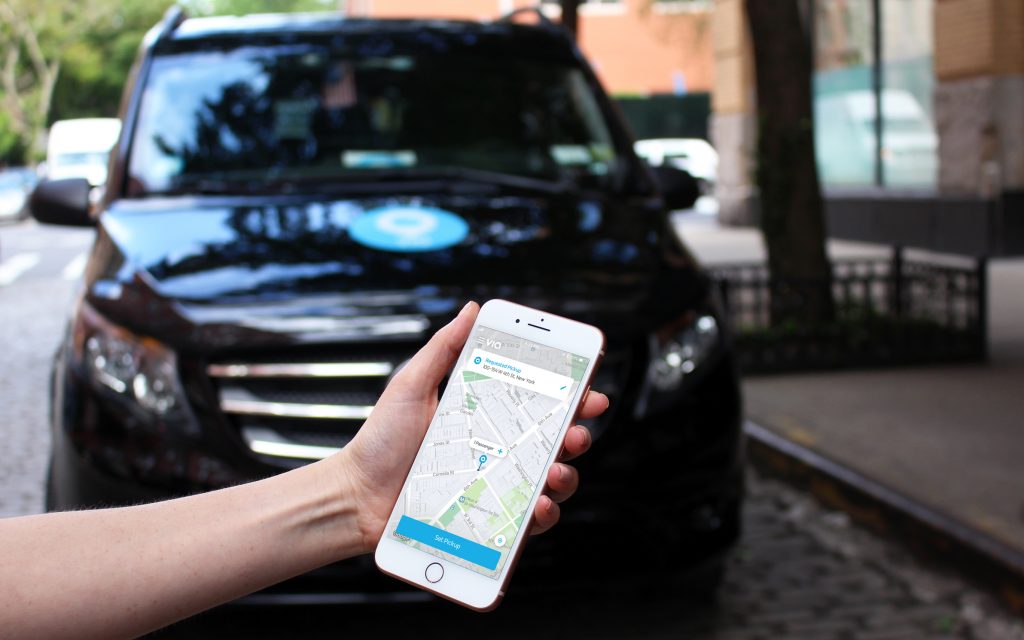
Launched in 2013, the New York-based Israeli-founded firm has reimagined urban mobility using proprietary technology to match people heading in the same direction. The goal is to increase efficiency of getting around and reduce carbon emissions.
MobileODT
Israeli startup MobileODT is using artificial intelligence algorithms and mobile technology to make screening for cervical cancer cheaper, easier, more accessible, comfortable and thus save more lives. Founded in 2012, MobileODT is one of more than 200 Israeli startups currently breaking new ground in the Femtech space.
Femtech refers to technology and apps specifically aimed at – and offering solutions for – women’s health and well-being.
The firm has three systems: the EVA Well, designed for a typical gynecological examination; the EVA Colpo, a smartphone-looking device that acts as a replacement to the colposcope, an unwieldy medical device that magnifies the cervix, vagina, and vulva to check for pre-malignant and malignant lesions; and the EVA Sane, which is used for sexual assault forensics by offering fast and secure information for law enforcement officials.
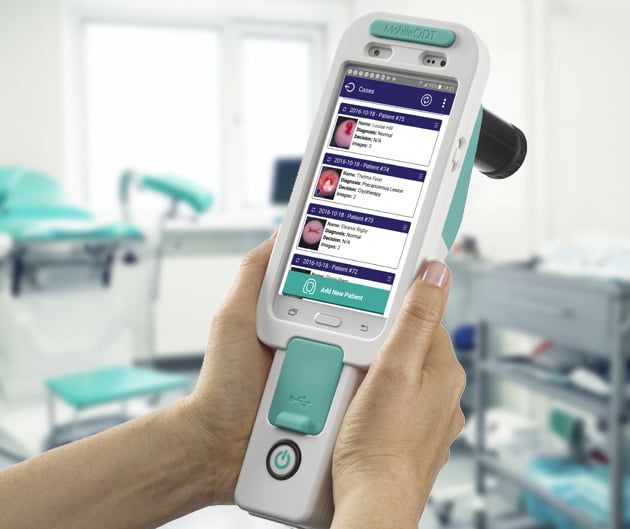
It was a valued year for MobileODT. In March, the company won an Innovation Award at the MEDinISRAEL conference; in June, the company won the 2019 The Financial Times/ International Finance Corporation Transformational Business Award in Health Wellness and Disease Prevention in London; in August, the company signed an innovative technology contract with Vizient healthcare in the United States; and in November, it secured a second round of financing (amount not disclosed).
MobileODT operates in over 27 countries and its systems have been used to examine over 40,000 patients.
Monday.com
For team management startup Monday.com, 2019 was a winning year.
Founded in 2014, the idea behind Monday.com was to create a management solution that would connect people to workspace processes in a meaningful and enjoyable way. Monday.com helps work teams track projects, deadlines, and promote team collaborations in 201 types of industries throughout 146 countries.
This year, the company raised $150 million. But Monday.com isn’t resting on its laurels.
The company is valued at $1.9 billion as of July – one of 13 Israeli-founded companies to reach unicorn status this year – and is reportedly eyeing an IPO to further increase growth. This coming year will no doubt serve up interesting headlines for what may become everyone’s favorite workday of the week (unlikely).
Tunefork
Tunefork, the Israeli software audio personalization technology, made soundwaves this year. The company, which uses its tech to optimize a user’s mobile sound system and guide users through a test to characterize their hearing, won second place in a category titled Special Award: Innovation for Disability at the 2019 FT/IFC Transformational Business Awards in London in June.
CEO Tomer Shor and CTO Yoav Blau developed their tech in response to seeing Tomer’s father and Yoav’s wife struggle with their hearing disabilities in everyday activities. They hope their tech will improve the quality of life for people affected in similar ways.
Tunefork also won second place at the MassChallenge Israel Awards Celebration in September.
TIPA Corporation
Israeli startup TIPA, founded in 2010, continues to make its mark in the sustainable tech sphere. The company’s fully compostable flexible packaging solutions are taking on the growing problem of single-use plastic waste.
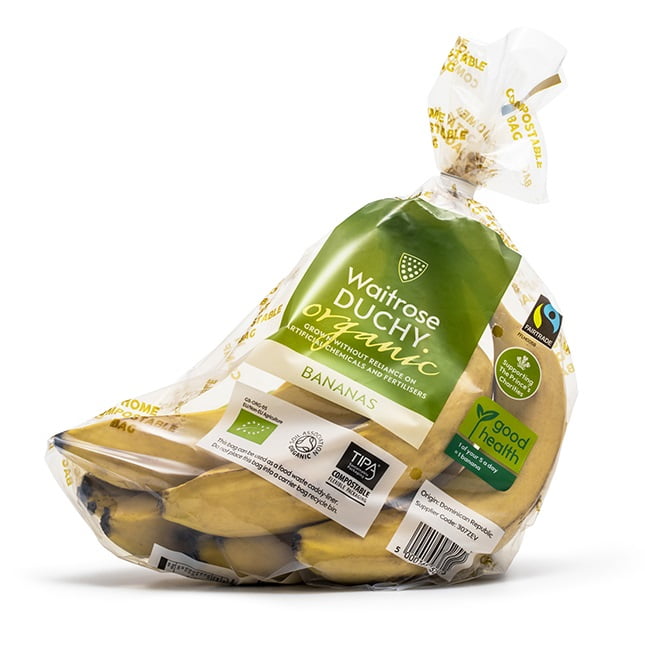
TIPA’s solution performs like plastic but decomposes like an orange peel.
In September, the developer of biodegradable packages for the food, drink, and fashion industries announced the closure of a $25 million funding round by investors including Blue Horizon Ventures, Triodos Organic Growth Fund and existing investors Chestnut and GreenSoil Investments.
The company also won a host of awards this year including the FT/IFC Transformational Business Awards in Transformational Solutions in Food, Water and Land. In July, TIPA was one of four Israeli companies named by the World Economic Forum (WEF) to its “Technology Pioneers 2019” list.
Sign up for our free weekly newsletter
SubscribeElectreon Wireless
ElectReon Wireless revved up 2019 straight to the top-tier in the global car-tech track. Founded in 2013, the company developed a wireless electrification system for electric vehicles to charge them while in full motion on smart roads. ElectReon’s unique vision would transform public infrastructure into a source of advanced energy, doing away with charging stations and the need for large and expensive batteries.
The smart road is created by placing unique copper coils under the pavement, which then transmit wireless energy through magnetic fields to a receiver located under the vehicle’s chassis. In this way, electric vehicles can charge as they stay in transit.
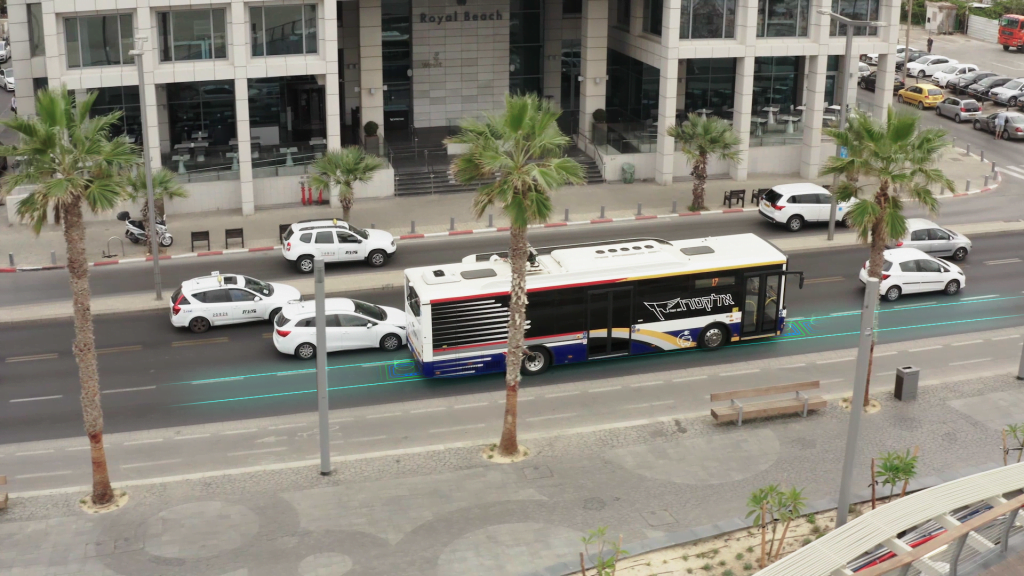
“The [ElectReon] infrastructure is entirely under the pavement,” Noam Ilan, an expert in cleantech and mobility technologies, and VP of Business Development at ElectReon told NoCamels earlier this year. “Every 100 meters of infrastructure, there is a management unit on the side of the road located under the sidewalk, which is connected to the grid and controls the whole system.”
The idea is to reduce air pollution, the number of charging stations within the city, and contribute to better use of valuable land resources.
In September, the Smart Road Gotland Consortium in Sweden began building the world’s first wireless demonstration road with ElectReon’s system. The initiative includes the construction of a 1.6 km electric road, which forms part of a 4.1 km stretch that connects Visby Airport on Gotland to the city center and will be the first road in the world to charge inductively both an electric truck and a bus on-the-go.
ElectReon also has a pilot program in Tel Aviv, and earlier this month, it signed a memorandum of understanding with German energy company EnBW Energie Baden-Württemberg AG (EnBW) to demonstrate its technology.
VeganNation
Under startups that made the world a better place in 2019, you’ll definitely find VeganNation, the app, blockchain platform and traceable digital currency creating an all-encompassing ecosystem for all things vegan.
Formed in 2017 by Isaac Thomas, Yossi Raybi, Nati Giat, and Shneor Shapira, VeganNation is the Waze of vegan restaurants, supermarkets and cafes as well as a community for like-minded plant-based groups.
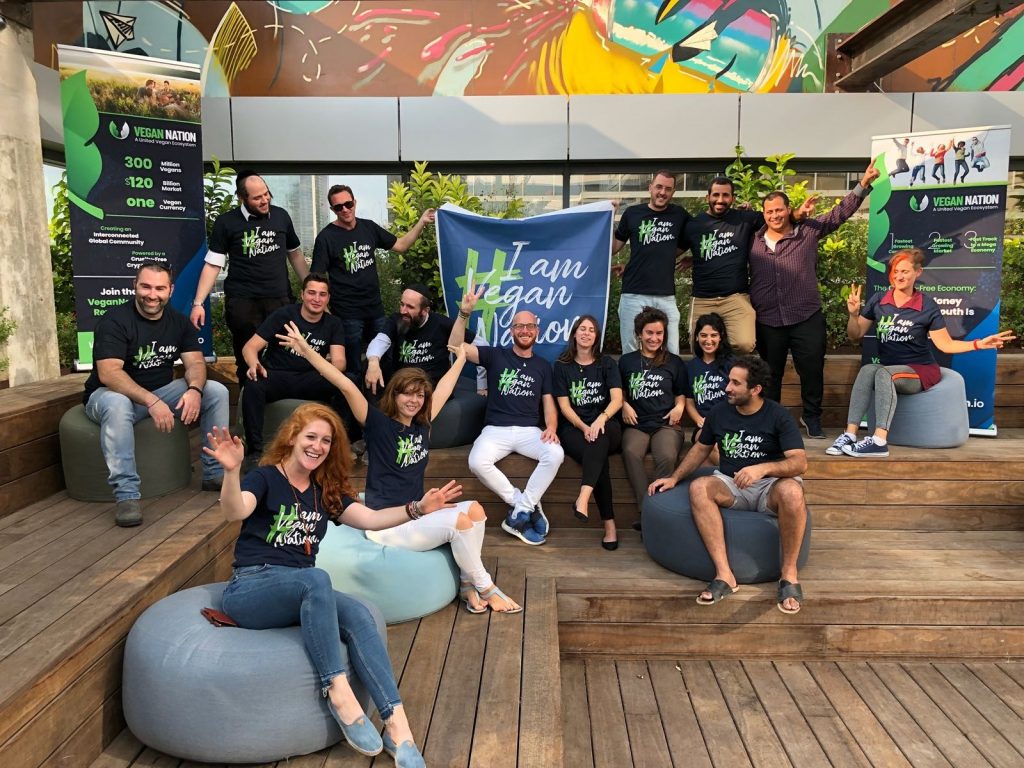
The Israeli startup got environmentalists – and politicians — talking this year when it leased some 15,000 acres (60.7 square kilometers or 23.4 square miles) in Brazil’s Amazon rainforest for a ten-year period to protect the land from deforestation and wildlife poaching.
VeganNation, which built a global e-commerce platform and social network for vegans worldwide powered by its own digital currency, said it would hand the land over to preservation groups.
Stemrad
In October 2019, the international space community started talking about Israeli-American company, Stemrad’s AstroRad vest, a suit designed to help protect astronauts from radiation and mitigate its damaging effects. The bulky 57-lb (26 kilograms) vest is made out of high-density polyethylene, a thermoplastic polymer, which is thicker in areas covering vital organs.
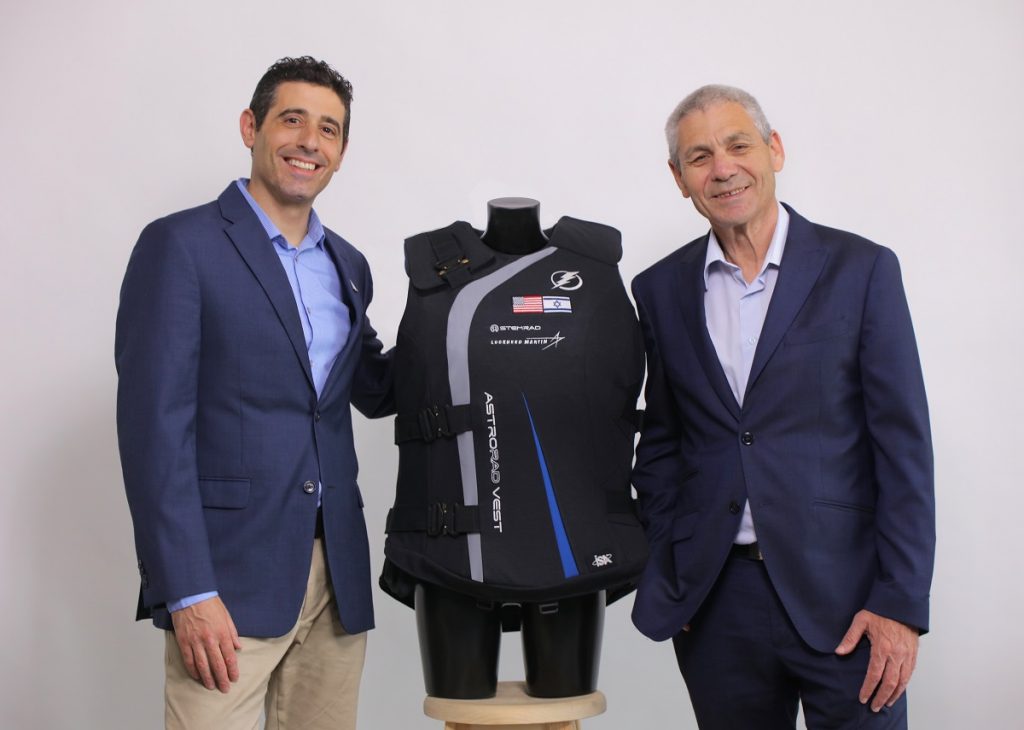
In December, NASA announced that it would send a pair of dummies – Helga and Zohar — on a trip around the moon to investigate space radiation on astronauts.
Zohar will be decked out in the Israel Space Agency-sponsored startup’s anti-radiation vest.
N-Drip
N-Drip represents Israel’s continued agriculture prowess and water-saving solutions.
A developer of gravity micro-irrigation, N-Drip received the Overall Award for Excellence in Disruptive Solution prize at the 2019 FT/IFC Transformational Business Awards in June.
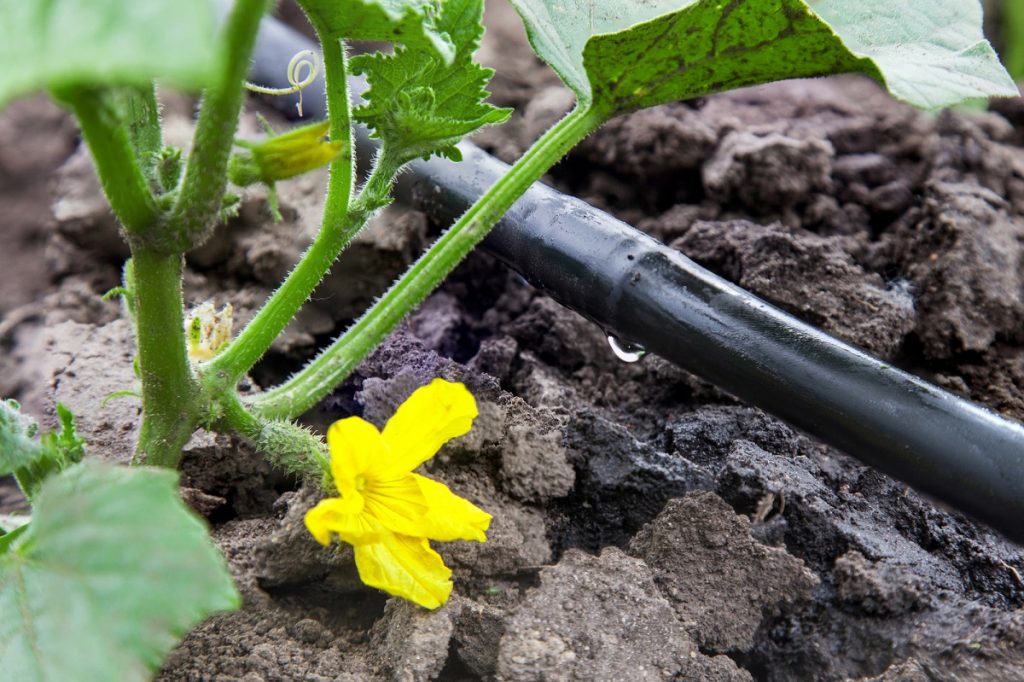
The company’s mission is to help farmers globally in increasing their yields while reducing water consumption. Flood irrigation has been the world’s primary form of irrigation for nearly 5,000 years but that method is also a major water waster.
Enter N-Drip’s technology solutions. The company says that if even half of all farmers convert from flood irrigation to N-Drip, the global water shortage crisis will be solved.
N-Drip is currently in use by growers in Arizona, California and Texas in the US – as well as Israel, Australia and Africa.
Trigo Vision
Move over Amazon Go. Israel’s Trigo Vision is using military technologies to revolutionize checkout-free shopping. Founded in 2017, Trigo Vision developed a computer vision platform that allows customers to grab items and go – and retailers to automatically charge them.
Trigo’s network of ceiling cameras create a 3D map of the shopping area for consumers to wander the store, virtually check themselves out and leave.
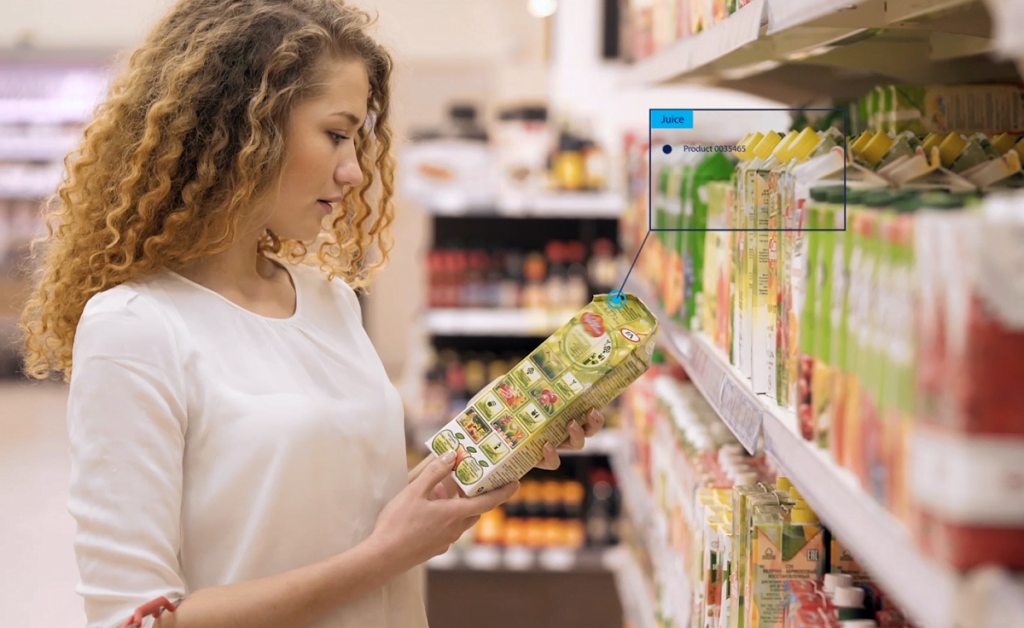
In October, British retail chain Tesco announced an investment – for an undisclosed sum – in the company, combined with a new collaboration that would let Tesco app customers benefit from Trigo’s tech.
The investment added to Trigo’s $22 million Series A funding round announced in September and led by Red Dot Capital, with participation from previous investors Vertex Ventures Israel and Hetz Ventures
Trigo has also been working with Shufersal, Israel’s largest supermarket chain, to bring its technology to the chain’s stores – starting earlier this year with a pilot program in one of its Tel Aviv branches.
Viva Sarah Press contributed to this report.
Related posts

Editors’ & Readers’ Choice: 10 Favorite NoCamels Articles

Forward Facing: What Does The Future Hold For Israeli High-Tech?

Impact Innovation: Israeli Startups That Could Shape Our Future


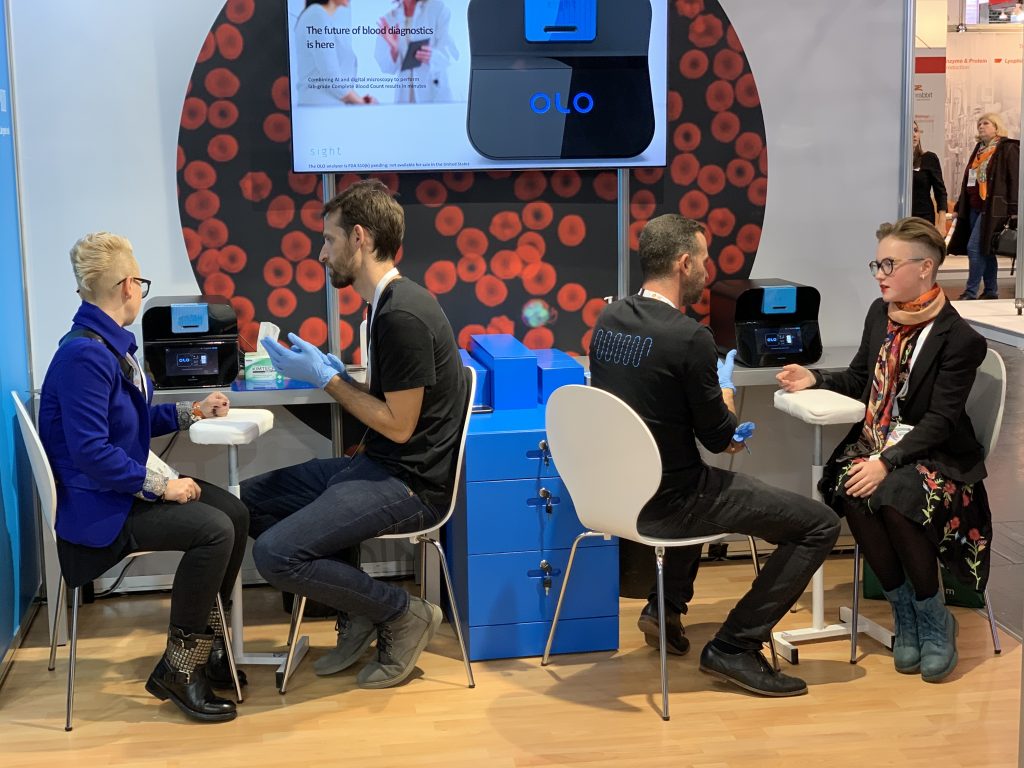

Facebook comments